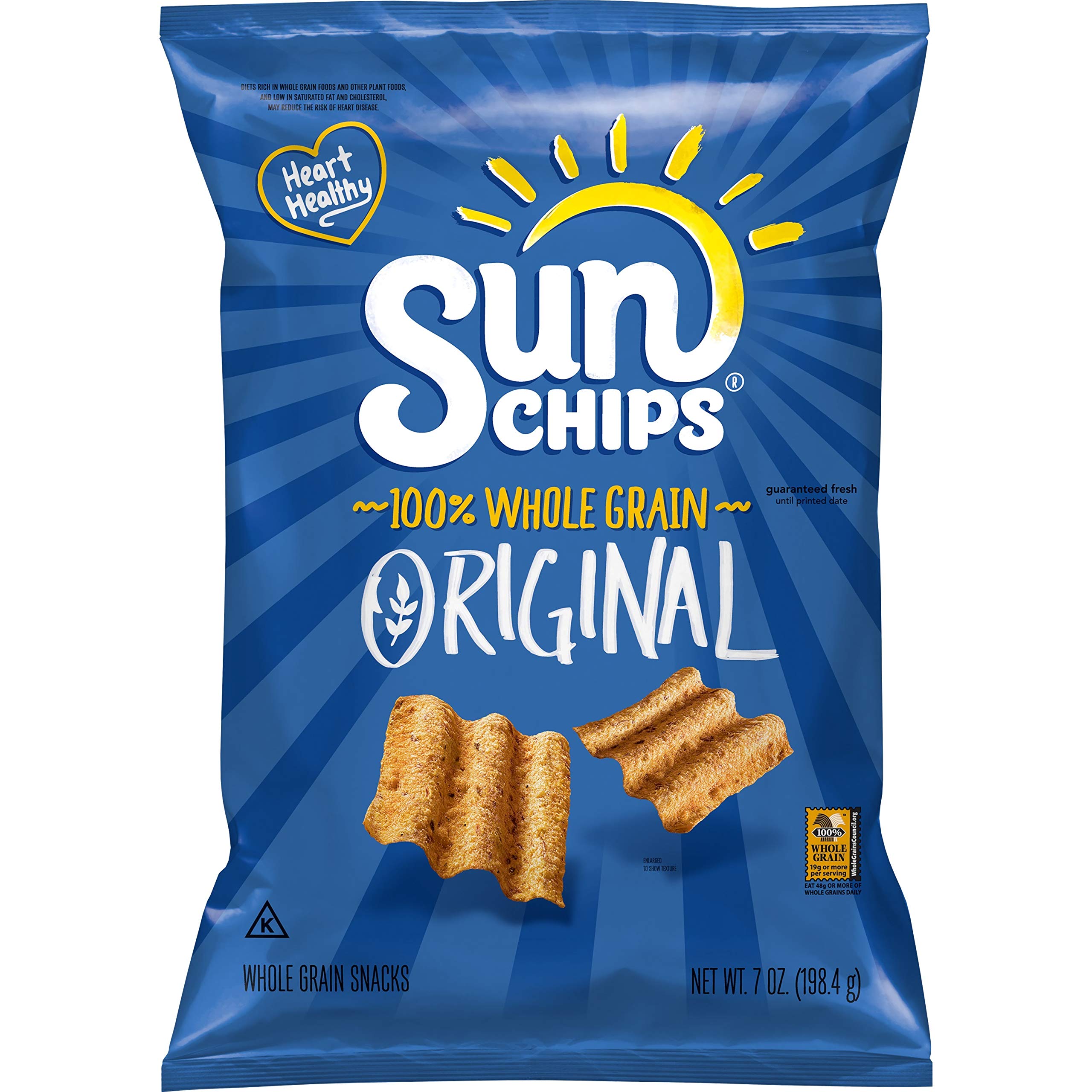
Effective 30-Day Plant-Based Diet Plan to Improve Your Health
The journey toward better health can start with a simple yet transformative step: adopting a plant-based diet. In recent years, the plant-based lifestyle has gained tremendous traction due to its numerous health benefits and its positive environmental impacts. A well-balanced plant-based diet emphasizes whole foods, such as fruits, vegetables, legumes, nuts, seeds, grains, and more. This 30-day challenge encourages you to explore nutritious foods while reaping the benefits of improved energy levels, weight management, and overall wellness in 2025.
Throughout this article, you'll discover helpful tips, fulfilling meal ideas, and a comprehensive shopping list to ensure you have all the essentials for a complete plant-based experience. Whether you're a beginner or simply looking for new recipe inspirations, this plan highlights various cooking techniques, seasonal produce, and easy recipes tailored to fit your dietary preferences.
Ultimately, by following our suggested framework, you'll find effective ways to hit your nutritional goals while enjoying satisfying meals. So, let's dive into this exciting food adventure, starting at the fundamentals of plant-based eating.
Understanding the Nutritional Benefits of a Plant-Based Diet
Before embarking on your 30-day plant-based journey, it’s vital to understand the nutritional benefits this lifestyle offers. Plant-based diets are rich in vitamins, minerals, and whole foods, making them a robust option for supporting overall health.
Whole Foods and Nutritional Density
Whole foods encompass fruits and vegetables, whole grains, nuts, and legumes—each brimming with vital nutrients. These nutrient-dense foods provide essential vitamins and minerals while being low in calories, making them ideal for weight loss and management. For instance, leafy greens are packed with vitamins A, C, and K, while legumes like beans and lentils are excellent sources of plant proteins and fiber, promoting fullness and digestive health.
Healthy Fats and Plant Proteins
Integral to a balanced diet, healthy fats contribute to your overall well-being, and plant-based sources like avocados, nuts, and seeds are abundant. Incorporating these foods aids in reducing cholesterol levels and supports heart health. Additionally, sources of plant proteins, such as quinoa and chickpeas, ensure your body receives adequate protein to build and repair tissues.
Enhancing Energy Levels and Maintaining Hydration
A predominant feature of a plant-based diet is its potential to boost energy levels. The fiber-rich content of fruits, vegetables, and whole grains helps sustain energy throughout the day. Coupled with proper hydration—by consuming ample water and lightly hydrating foods like cucumbers and watermelon—your body can maintain optimal performance. Staying hydrated also plays an essential role in metabolism and detoxification.
By harnessing these nutritional aspects, you'll be well-prepared to navigate the challenges of the upcoming 30-day plan. Building on these fundamentals, let’s look into meal planning techniques to align with these goals.
Creating Your Meal Plan for the 30-Day Challenge
Meal planning is essential when adopting a new dietary approach. A successful plant-based meal plan emphasizes variety and balance. By integrating a range of foods, you can enhance taste, nutrition, and meal satisfaction.
Weekly Meal Themes and Recipe Ideas
To simplify meal planning, consider implementing weekly themes that allow you to explore various cuisines and flavors while promoting meal diversity. For instance, you could dedicate one week to Mediterranean-inspired dishes featuring whole grains, fresh vegetables, legumes, and healthy fats like olive oil. Likewise, Asian-inspired meals can incorporate rice, tofu, and seasonal produce to create satisfying recipe variations.
Practical Meal Prepping Techniques
Meal prepping can save you time and money, simplifying the daily cooking routine. To get started, dedicate a few hours each week to prepare staples like grains, roasted vegetables, and protein sources. By organizing these items in advance, you can mix and match to create delicious meals while promoting portion control. For example, you can assemble grain bowls with different toppings based on your preferences, streamlining meal assembly post-preparation.
Decoding Dietary Restrictions
As you craft your meal plan, be mindful of specific dietary restrictions—be it allergies, food preferences, or ethical considerations. Taking the time to customize recipes and create substitutes ensures that you and your family enjoy the meals without compromising health. If you encounter food allergies, for instance, consider alternatives like chickpea pasta or gluten-free grains to accommodate everyone’s needs.
With a robust meal plan framework in place, the next step is mastering cooking techniques that make plant-based eating a breeze while maintaining satisfaction and enjoyment.
Essential Cooking Techniques for Plant-Based Eating
Understanding cooking techniques is vital when transitioning to a plant-based lifestyle. Various methods can enhance flavor, improve nutrient absorption, and adapt recipes to fit your taste preferences.
Cooking Methods That Enhance Flavor
Experimenting with different cooking methods can bring your meals to life. Techniques such as roasting, sautéing, and steaming can elevate the taste and texture of vegetables, encouraging even the pickiest eaters to indulge. For instance, roasting carrots and Brussels sprouts allows natural sugars to caramelize, creating rich flavors while preserving nutrients.
Incorporating Meal Replacements and Easy Recipes
Meal replacements are another creative way to diversify your diet. Smoothie bowls featuring fruits, vegetables, and plant-based protein powders can offer a satisfying and nutritious breakfast alternative. Quick recipes like vegetable stir-fries or pasta salads can easily be whipped up using seasonal produce, providing balanced meals without lengthy preparation times.
Utilizing Cooking Hacks for Convenience
Efficiency in the kitchen should never be overlooked. Explore cooking hacks that reduce prep time and simplify your cooking routine. One effective advantage is batch cooking grains and legumes that can be stored in the fridge for quick meal assembly. Using pre-chopped ingredients or frozen vegetables can also save time, make cooking more accessible, and reduce food waste.
As you become comfortable with these essential techniques, you can confidently create meals that nourish the body and inspire excitement around healthy eating. Now let’s explore practical meal ideas that align with your 30-day plan.
Exploring Delicious Plant-Based Meal Ideas
VARIETY is the key to long-term success in any dietary plan. This section highlights diverse meal ideas that keep your taste buds satisfied while providing the nutritional benefits essential in a plant-based diet.
Breakfast Ideas for Energy and Nutrition
Beginning your day on a positive note can be as simple as incorporating nutrient-rich breakfast options. Overnight oats topped with fruits and seeds are an excellent start, as they provide fiber, protein, and healthy fats. Alternatively, avocado toast on whole-grain bread offers a quick option packed with vitamins and heart-friendly fats. Flavorful smoothies packed with leafy greens and fruit are also a refreshing way to kickstart your morning.
Healthy Lunch Options for Sustained Energy
For lunch, emphasizing protein-rich legumes and grains can help maintain energy levels throughout the day. Grain salads featuring farro, lentils, or quinoa combined with varied vegetables and a zesty dressing make delightful options. Alternatively, hearty soups full of seasonal produce and beans can warm you up while being filling and nutritious.
Culinary Delights for Dinner
Dinner can showcase the wonderful array of flavors found in plant-based cuisine. Stir-fried tofu with vegetables serves as an excellent protein alternative while using colorful veggies contributes to visual appeal. Additionally, whole-grain pasta tossed with basil pesto, grilled zucchini, and cherry tomatoes is a satisfying and healthy option. Creative pizzas using cauliflower crust topped with various veggies are also a unique twist on classic comfort food.
By integrating a variety of meal ideas into your plan, you're likely to find it easier to stick with your 30-day challenge. Each delicious recipe promotes healthy eating habits while highlighting the beauty of fresh produce. As we continue, let's address the importance of mindful eating practices in your journey.
Mindful Eating Practices for a Sustainable Diet
Adopting mindful eating practices can significantly impact your overall success on a 30-day meal plan. By cultivating a positive relationship with food and understanding your body's hunger signals, you can shift toward a more health-conscious lifestyle.
Understanding Hunger and Satiety Signals
Learning how to recognize hunger cues and fullness is key to achieving balance. Pay attention to your body's signals before eating, as this awareness encourages healthy portion control. It’s essential to distinguish between emotional hunger and actual physical hunger, as this understanding helps combat emotional eating tendencies.
Promoting Healthy Portions and Satisfying Meals
When building your plate, strive for balance through variety. The plate method suggests filling half your plate with fruits and vegetables, a quarter with whole grains, and a quarter with plant proteins. This strategy ensures you consume all macro and micronutrients essential for a balanced diet. Utilize portion control solutions by measuring serving sizes, but aim to enjoy satisfying meals rather than restrictive dieting.
Cooking for Joy and Community
Sharing meals with family and friends encourages connection and enhances your overall dining experience. Engaging in community support around healthy eating promotes accountability and motivation. Consider inviting friends over for a potluck featuring plant-based dishes. By cultivating a positive atmosphere around food, you'll foster a relationship that emphasizes enjoyment and sustainability.
With these mindful practices in action, you can sustain your progress through the 30-day journey. The last aspect we will cover involves practical tips for grocery shopping and meal coordination.
Grocery Shopping and Meal Coordination Tips
Effectively navigating food shopping and coordinating meals are integral to maintaining your plant-based regimen. This section guides you through successful grocery shopping and a well-organized kitchen experience.
Creating Your Plant-Based Shopping List
Before heading to the store, develop a comprehensive shopping list that includes essential pantry staples such as grains, legumes, nuts, seeds, and spices. Prioritize fresh fruits and vegetables, opting for seasonal produce when possible. Local or organic foods often contain higher nutritional values, supporting both your health and sustainability practices. Being mindful of food allergies and preferences can also influence your choices during grocery shopping.
Implementing Meal Planning Strategies
Integrating meal prep strategies allows for seamless meal coordination. Designate specific times for grocery shopping and cooking, ensuring an organized kitchen environment. Batch cooking or preparing larger quantities at once ensures you have convenient meals available throughout the week. This method minimizes the temptation to revert to less healthy options due to time constraints.
Dining Out Mindfully
When dining out, selecting plant-based options is increasingly easier as more restaurants cater to dietary restrictions. Familiarize yourself with the menu ahead of time and inquire about modifications, ensuring your meal aligns with your dietary plans. Choosing to share meals or opting for appetizers to sample various dishes may foster a more enjoyable dining experience while allowing you to stay mindful of your portions.
By mastering these shopping and meal coordination tips, you'll be better equipped to navigate your 30-day plant-based journey with confidence and ease. Now, let’s address some frequently asked questions regarding the challenges and benefits of a plant-based diet.
Frequently Asked Questions about Plant-Based Eating
What are the main benefits of a plant-based diet?
A plant-based diet offers numerous health benefits, including support for weight loss, reduced risk of chronic diseases, improved heart health, and increased energy levels. The focus on whole foods ensures optimal nutrient absorption while promoting gut health.
Can I follow a plant-based diet while dealing with food allergies?
Absolutely! Meal customization enables you to navigate allergies effectively. Avoiding specific allergens while incorporating a variety of fruits, veggies, and grains can create fulfilling meals tailored to your needs.
How do I stay motivated during this 30-day challenge?
To maintain motivation, engage with a community that shares similar health goals. Document your progress and celebrate small victories along the way. Sharing meals with friends or family can also keep your dietary habits exciting and socially enriching.
What are budget-friendly options for plant-based diets?
Opting for dried legumes, whole grains, and seasonal produce can help you create budget-friendly meals. Cooking from scratch minimizes costs while boosting overall nutritional value. Utilizing sales and seasonal availability ensures cost-effectiveness without compromising quality.
Are there convenient meal delivery services for plant-based diets?
Yes, many meal delivery services offer plant-based options that cater to your dietary needs. These services can simplify meal prep and planning, making it easier to stay committed to the 30-day challenge.
By addressing these common queries, you can preemptively tackle the challenges of adopting a plant-based diet. As you find your rhythm, remember to enjoy the process and celebrate your journey toward improved health.
 example.com/image2.png
example.com/image2.png
 example.com/image3.png
example.com/image3.png